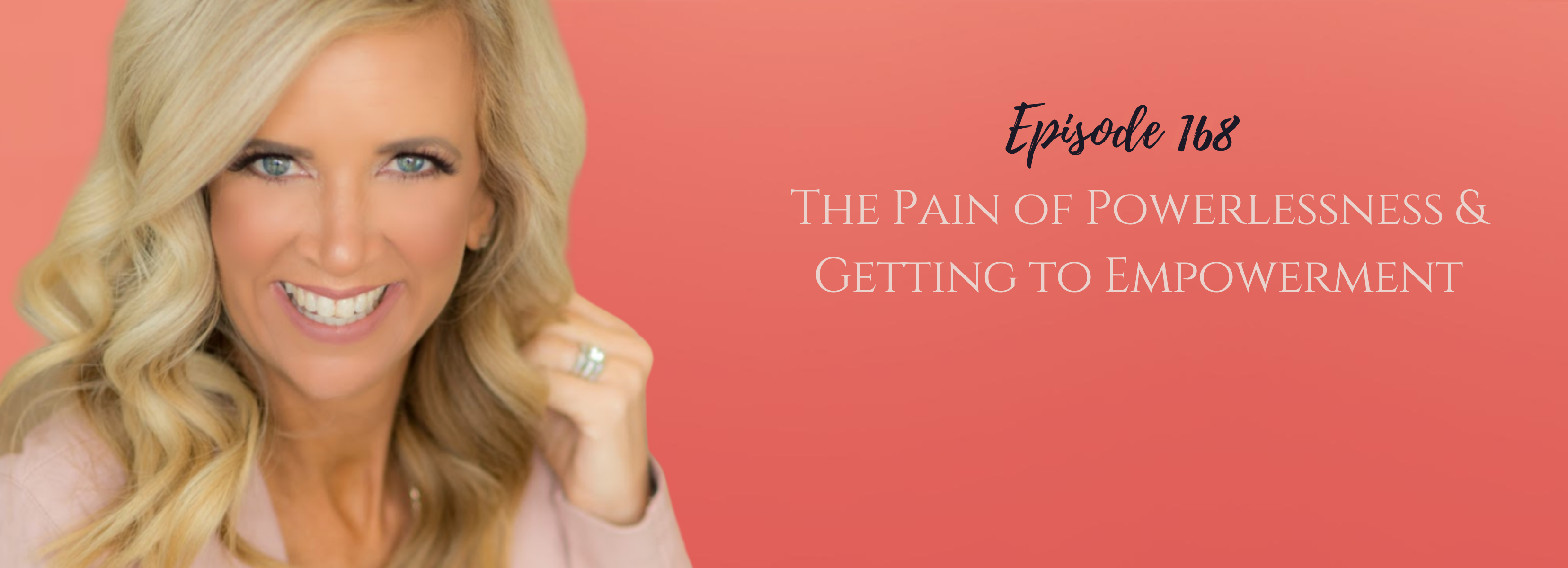
The Pain of Powerlessness & Getting to Empowerment| 7.6.2022
In this episode, Kristen talks about the pain of powerlessness and how to reclaim your power after feeling powerless.
You'll Learn
- What is powerlessness
- Why it's important to identify the feeling of powerlessness
- Examples of powerlessness
- How to work through the pain of powerlessness
For counseling services near Indianapolis, IN, visit www.pathwaystohealingcounseling.com.
Subscribe and Get a free 5-day journal at www.kristendboice.com/freeresources to begin closing the chapter on what doesn’t serve you and open the door to the real you.
Subscribe to the Close the Chapter YouTube Channel
This information is being provided to you for educational and informational purposes only. It is being provided to you to educate you about ideas on stress management and as a self-help tool for your own use. It is not psychotherapy/counseling in any form.
[fusebox_transcript]